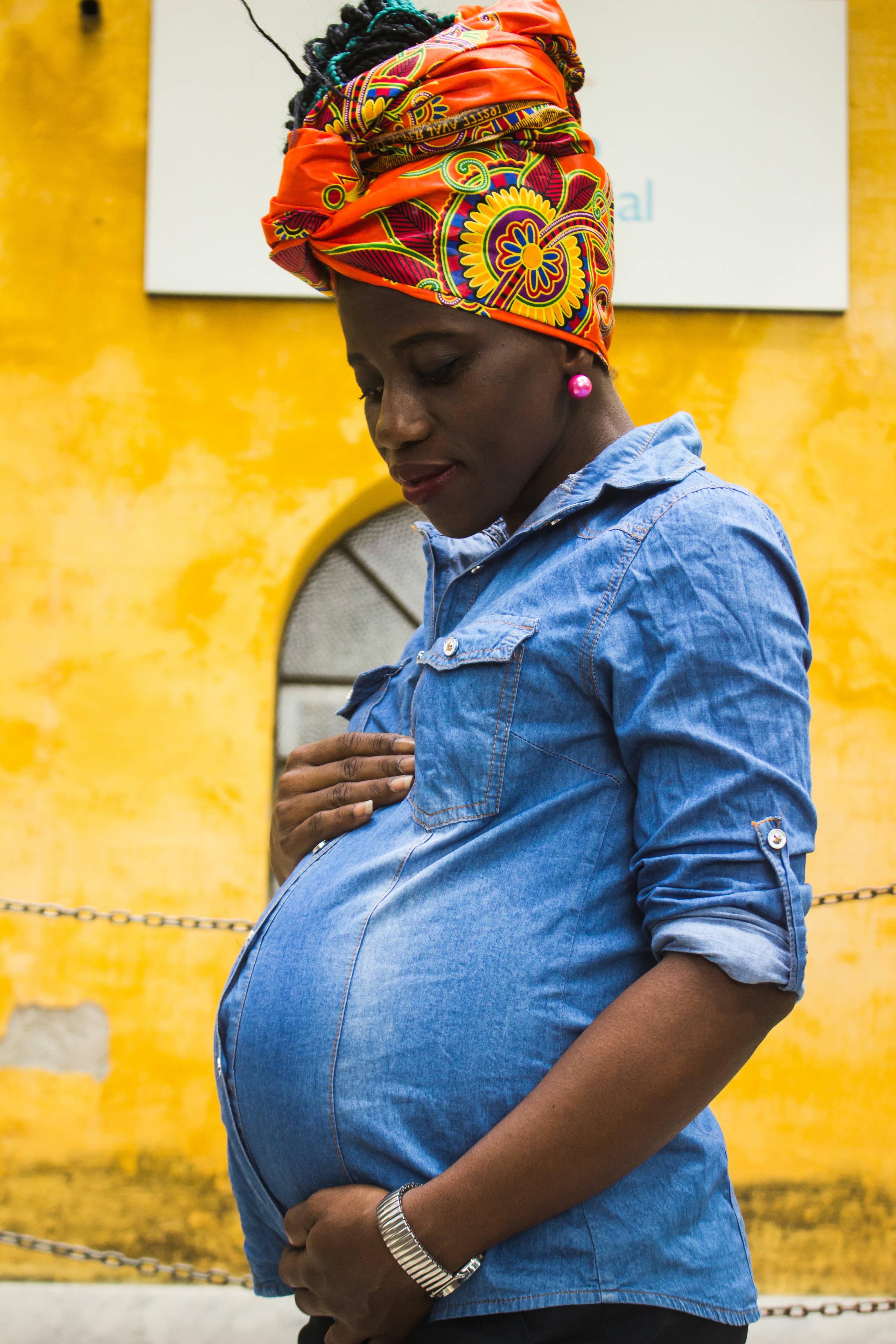
Black Maternal Health Week 2025, is a crucial event dedicated to promoting the health and well-being of Black mothers and babies. Black Maternal Health Week is an annual event that runs from April 11th to 17th, with a significant milestone being its official recognition by the White House on April 13th, 2021. Our team at Black Girls Nutrition are proud to be part of a movement that advocates for the health of Black Birthing People and babies, especially during National Minority Health Month in the United States.
This annual event was founded by the Black Mamas Matter Alliance and aims to raise awareness about the maternal health crisis affecting Black women in the United States and to empower them to take control of their health. Black Maternal Health Week is an essential event that shines a light on the issues facing Black mothers and babies. It provides an opportunity to raise awareness, promote advocacy, and engage in critical conversations about the health and well-being of Black women.








